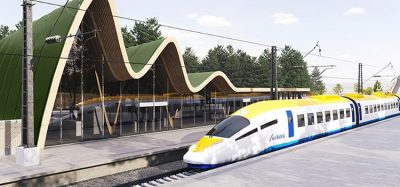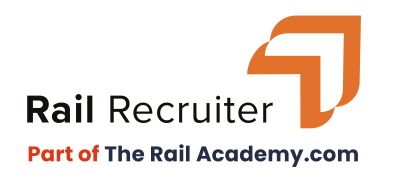Why do we need standards in the railway sector?
Posted: 25 July 2018 | Simon Fletcher - UIC | No comments yet
It is important that the rail sector performs in an efficient, safe and cost-effective manner, and having a user-friendly suite of standardised requirements in place is a really good way of providing consistent service to the customer. Simon Fletcher, Member of the UIC Board of Directors responsible for Standardisation and Coordinator of the UIC’s European Region, explains that using a consistent business-focused approach can offer a set of powerful business and marketing tools for railway undertakings and infrastructure managers alike, regardless of the size of the company.


Rail, being the inherently systemic network that it is, needs to be able to work in seamless harmony with neighbours in different countries and, increasingly, with operating neighbours in the same country. Having a rail-specific framework in place supports the definition of interfaces between neighbouring stakeholders so that trains are able to change systems with minimal fuss and maximum efficiency. The UIC has been in the business of supporting the railway sector in achieving these objectives ever since publishing its first ‘UIC Leaflet’ in 1928.
Having a standardised regime in place helps companies to fine-tune their performance and, especially important in the railway sector, to manage the operating risks while operating in more efficient and sustainable ways. Rail companies today simply can’t afford to take an improvised, reactive approach to risk. A consistent, system-wide regime is proven as a significant support in identifying and minimising risks.
Such a regime is an excellent marketing support as it allows companies to demonstrate the quality of the service that is provided to the end-user. Perhaps as equally important, they permit all that good practice to firmly underpin the ‘way we work’ as individual companies, and as a transport mode. The end-user is becoming ever more demanding regarding the quality of the services they purchase. Measuring the success of how that is achieved can be done by comparing performance of the service with the standardised processes in place at every level of the companies and the system. This, when all coupled together, greatly supports a visible and continuous promotion of cultural and service-driven improvement.
In a global multimodal arena of rapidly emerging new technologies and operating challenges, learning from others’ experiences and putting standardised solutions in place will help set the framework for the future. This in turn will support the purchasing of new products, finding and using new sources of energy and generally innovating the system into a successful world-leading mode of transport.
There is much that can be gained for the railway operator by having a standardised framework in place. But what about manufacturers? A product manufactured according to standards is far more easily accepted in international markets but also by the very companies that are going to use the products. Using standards removes barriers to trade.
Designing, constructing, operating and maintaining the railway system in accordance with a business-focused standardised framework encourages and develops innovation, because it provides structured methods and reliable data that save time in the innovation process and, it makes it easier to disseminate ground-breaking ideas and knowledge about cutting-edge techniques.
The UIC has recently refocused its activity in this entire domain and has established a new unit to focus on developing a standardised framework fit for the 21st century. By migrating former leaflets into IRSs©, a structured framework will emerge of standardised documents prepared and published by the UIC for use within the railway sector. Working closely with several key stakeholders and end-users, these new generation documents blend together a range of voluntary solutions to support the design, construction, operation and maintenance of the railway system and the services that the sector provides.
Biography
Simon Fletcher is a career railway professional with over 40 years in strategic, operating and safety-related positions. He has formerly been responsible for the coordination and redaction of the UK’s framework of operating rules, regulations and standards, was part of the architectural team for the operating safety regime of the Eurostar service and has over 20 years of experience in international affairs.
Issue
Related topics
Operational Performance, Regulation & Legislation, Standardisation & Technical Harmonisation






